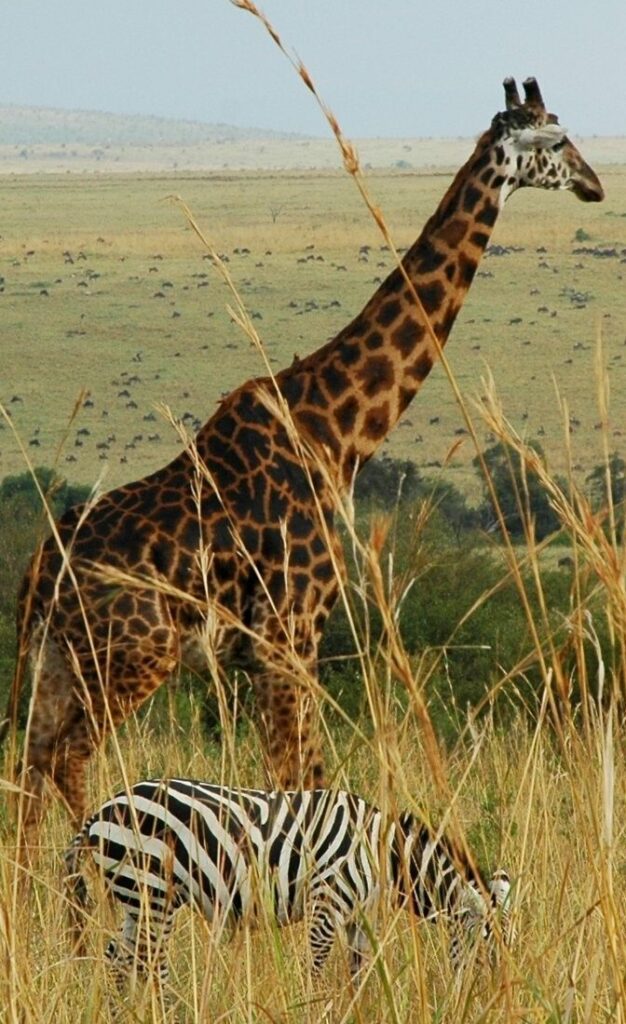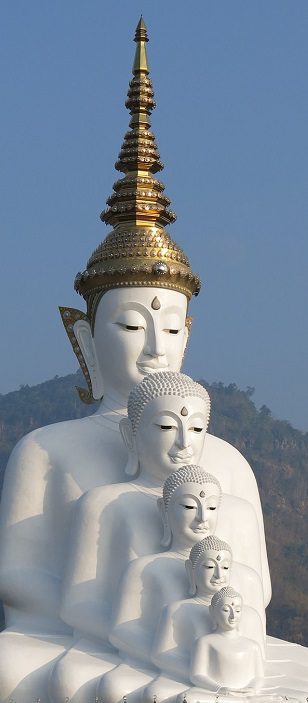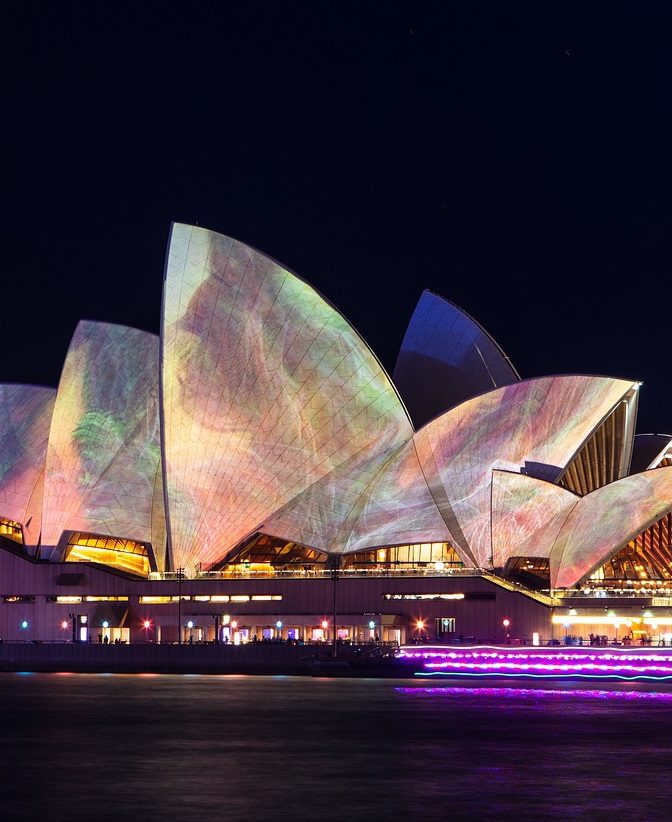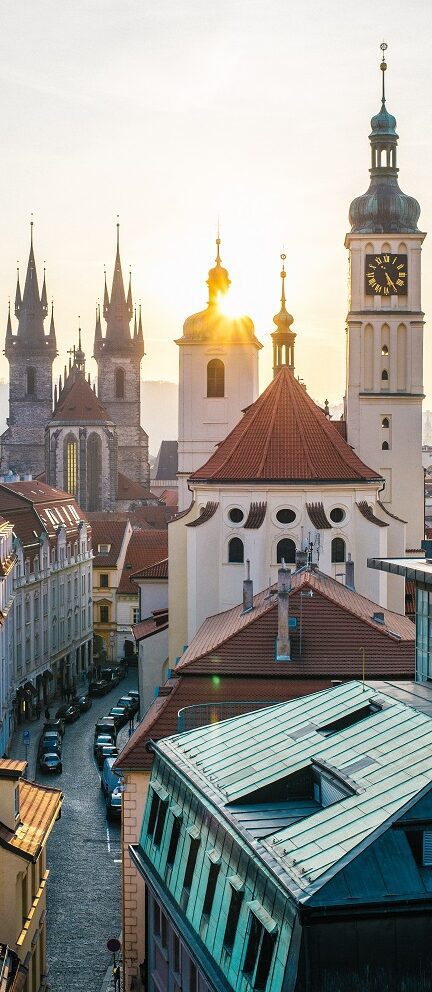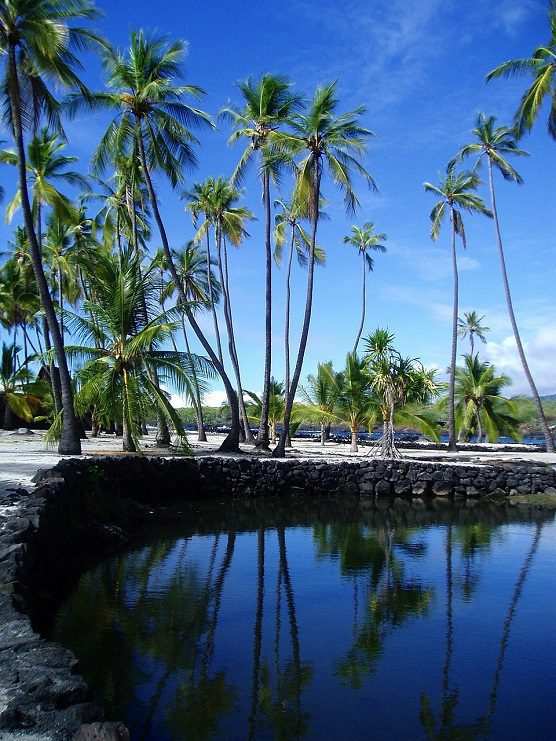Up on the terrace, I could see all the way to the jagged Atlas Mountains, which rose above the city like tall guardians with snow on their shoulders. Before them, Marrakech sprawled out in every direction: a sea of dusty rooftops, palm trees and satellite dishes. “Don’t try to count them,” chuckled Abbes. Storks with long pointy beaks flew overhead and landed in their bulbous, unruly nests. Below, headscarved women on motorbikes sped past old Mercedes taxis. More history and striking Islamic architecture awaited at the ornate Bahia Palace, where sugar was traded for Italian marble during its construction in the late 19th century. From there, it was on to the Saadian Tombs (the final resting place of past princes) and the exquisite Ali Ben Youssef Medersa.
Time to haggle – With the morning’s sightseeing barely making a dent in my finances, it meant I had more to spend in the souks. The crowd of shoppers moved as one through the densely packed and narrow alleys, dappled sunlight breaking through overhead. Where to look first? Multicoloured pashminas hung like rainbows on high rails. All around were rows of heady spices: bright mounds of cumin and turmeric clashing with the smell of sawdust and leather. Shop after shop sparkled, each an Aladdin’s cave of treasures. Haggling hard – but with good grace -is another essential Marrakech experience so I set straight to work.

My biggest success was bargaining two pairs of sequinned slippers down from 500 dirhams (£37) to 150 (£11). Then I got chatting to a chap called Abdel, a traditional herbalist who has spent the past 50 years working in the souk. “The souk was very quiet back then. Only a few shops. Not like today,” he said, glancing towards the throng. We sought refuge in his tiny shop, the shelves of which were stacked high with hundreds of glass bottles, their labels bearing Arabic scrawls. Each contained oils and ointments said to relieve all manner of ailments.
Suddenly whipping off his hat, Abdel reached for a bottle and sprayed himself with special rose water so liberally that it was soon dripping from his eyelashes and running down his neck. “It’s good for headaches and fevers. Now, your turn,” he said, turning in my direction before I had time to object. “Life is good in the souk,” said Abdel as I wiped the perfumed oil from my brow. “One day 10 dirham, the next day 50. It might be hard today but tomorrow will be better, lnshallah.” With talk of money raising its ugly head, I wondered whether Abdel expected a small donation or would begin pressuring me into making a purchase. But there was no such request, no hint that he wanted anything more from me than a handshake and a promise to return one day. I emerged back into the Djemaa el-Fna with renewed faith in the people of Marrakech.
